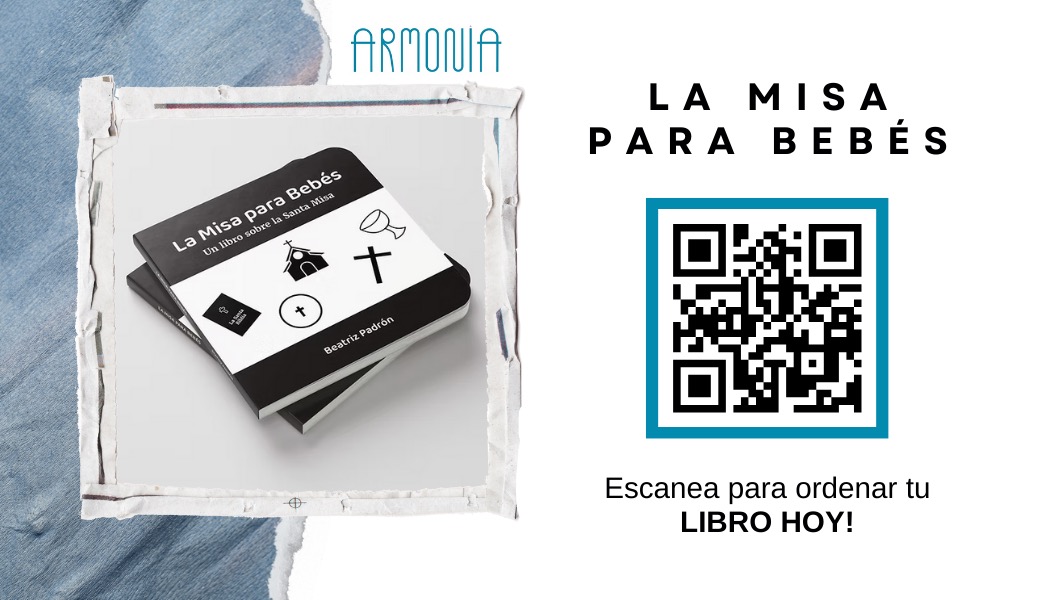What Does "Catholic" Really Mean? Unpacking the Heart of a Global Faith
- Armonia Católica
- Jun 25, 2025
- 2 min read
When you hear the word "Catholic," what comes to mind? For many, it's images of grand cathedrals, the Pope, or perhaps even specific traditions. But beyond these surface observations, what does "Catholic" truly mean? The answer lies in the very essence of the word itself and the rich, universal faith it represents.

More Than Just a Denomination: A "Universal" Call
The word "Catholic" comes from the Greek word katholikos, meaning "universal" or "according to the whole." From its earliest days, the Christian Church was described as "Catholic" because it was, and is, meant for all people, in all places, at all times. It's not a faith exclusive to one race, nation, or social class.
This universality isn't just about geography or demographics; it's also about the fullness of faith. The Catholic Church believes it possesses the complete truth of salvation revealed by Jesus Christ, passed down through the apostles. It teaches that nothing essential for salvation is lacking within its doctrine, sacraments, or moral teachings.
The Four Marks: Unpacking the Church's Identity
The Nicene Creed, recited by Catholics (and many other Christians) around the world, describes the Church as "one, holy, catholic, and apostolic." These "Four Marks" are fundamental to understanding what "Catholic" truly means:
One: The Church is united in its faith, sacraments, and governance under the Pope. Despite its global diversity, it speaks with one voice on matters of doctrine.
Holy: While its members are sinners, the Church itself is holy because its founder, Jesus Christ, is holy, and it offers the means to holiness through grace and the sacraments.
Catholic (Universal): As we've discussed, it's for everyone, everywhere, and contains the fullness of the means of salvation.
Apostolic: The Church traces its lineage directly back to the apostles, with bishops succeeding them in an unbroken line, ensuring the continuity of Christ's teaching.
A Global Family, A Shared Journey
To be Catholic means to be part of a vast, interconnected spiritual family that spans continents and centuries. It means sharing in a common worship, especially the Eucharist, which is celebrated in essentially the same way, in thousands of churches, every single day. It means recognizing the Pope as the spiritual leader and successor of St. Peter.
It's a faith rooted in tradition (the living transmission of the Gospel message from the apostles) alongside Sacred Scripture (the Bible). It values both faith and reason, believing that truth cannot contradict truth.
Beyond Labels: A Call to Relationship
Ultimately, being "Catholic" isn't just about adhering to a set of rules or being part of an organization. At its core, it's about entering into a personal relationship with Jesus Christ within the community He established. It's a journey of faith, hope, and charity, striving to live out the Gospel message in daily life.
So, the next time you hear "Catholic," remember it's more than just a label. It signifies a profound, universal faith, rich in history, depth, and a loving invitation to everyone.
What aspects of the Catholic faith are you most curious to learn about next?





Comments